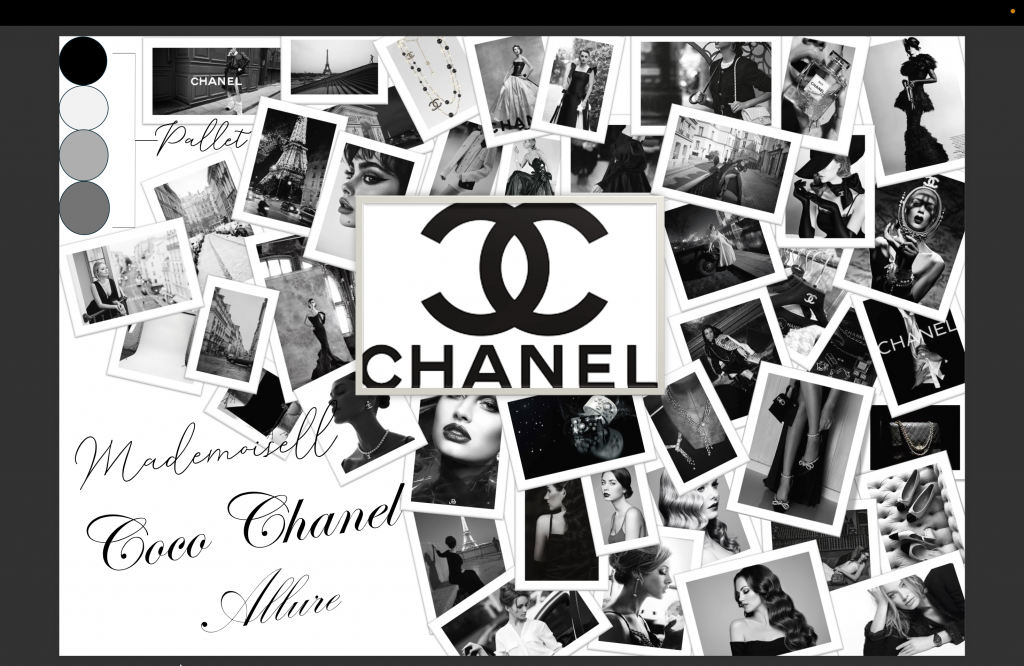I want to begin by offering a sincere apology for the fatphobic tweets I posted in the past. I am deeply sorry for the harm my words caused, and I take full responsibility for them. There’s no excuse or justification for what I said, and I want to own up to the pain I contributed to, both directly and indirectly.
When I look back on those tweets, I feel ashamed and disappointed in myself. What I said was not only insensitive — it was rooted in harmful biases and a complete lack of empathy. Fatphobia is a serious issue that affects people’s lives in real and damaging ways. It shows up in healthcare, in the workplace, in media, in everyday interactions — and unfortunately, in the kind of content I thoughtlessly put into the world.
What I posted wasn’t “just a joke,” as I may have told myself at the time. Words like mine reinforce stigma, make people feel unsafe, and contribute to a toxic culture where people are judged and devalued for simply existing in their bodies. That is unacceptable, and I deeply regret being part of it.
I want to be clear: I’m not making this statement to protect my reputation or to ask for sympathy. I’m making it because I know I was wrong, and people deserve to see me take accountability for that. If I can be part of the problem, I also have a responsibility to be part of the solution.
Since being called out, I’ve been doing the work to better understand fatphobia and the impact it has. I’ve been reading and listening to activists, writers, and educators who speak out about body liberation, anti-fat bias, and the way our society harms people based on their size. I’m learning how deeply ingrained these prejudices are, and how even casual comments and so-called “jokes” can inflict real pain.
What I’ve come to understand is that apologising means more than just saying “sorry.” It means changing my behaviour, educating myself, and using my voice more responsibly going forward. It means understanding that impact matters more than intention, and that I don’t get to decide whether someone was hurt by what I said. If I’ve hurt people, then I’ve done harm — and I need to do better.
To anyone who was hurt by my words: I hear you, I see you, and I am truly sorry. You deserve respect, dignity, and the right to live your life without being shamed, mocked, or dehumanised for your body. I failed to uphold those basic values, and I will carry that with me as a lesson and a responsibility.
I also understand that some people may not be ready or willing to accept this apology — and that’s okay. Trust isn’t rebuilt overnight, and I don’t expect immediate forgiveness. What I can do is continue to learn, reflect, and grow. I’m committed to putting in the work, not just privately but publicly as well.
Thank you to those who spoke up and held me accountable. You didn’t owe me your time or effort, but you gave it anyway — and that’s something I won’t take for granted. I will continue to listen, to do better, and to be better.
Annotations:
In this statement I have addressed fatphobic tweets made by an influencer in the past. I have used language to show sincerity, accountability, and commitment to growth. Furthermore, I have acknowledged the harm caused by words, avoided making excuses, and showed empathy for those affected. I have also highlighted that the intent was not to cause harm but was supposed to be a “harmless” joke, which has emphasised how casual comments about people’s bodies are normalised in our society. The statement also includes steps that the influencer has taken to educate themselves and willingness to continue to improve. The statement doesn’t demand forgiveness and respects the feelings of those hurt by the tweets.
